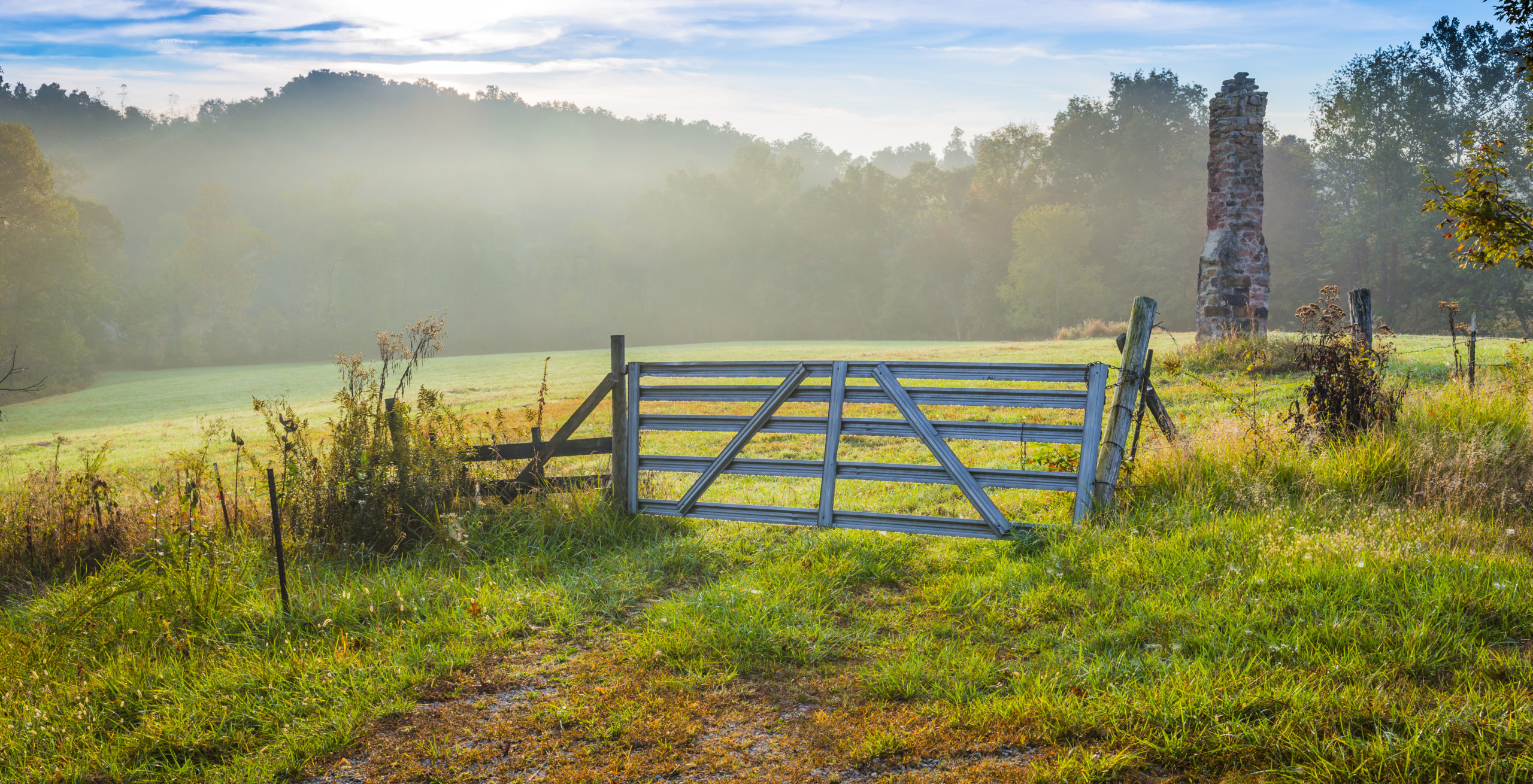
Washington, DC, teaches you how to read the room, speak in acronyms, and feign conviction in things you do not believe. I learned that firsthand during my years at the U.S. Department of State, where the highest levels of American diplomacy are often staffed by people who don’t particularly favor Americans. The contempt was rarely explicit, but it was always there—in the disdain for small towns, in the eye-rolls at Christianity, in the quiet belief that the average American was provincial and unenlightened. At first, it was thrilling: the proximity to power, the jargon, the overseas travel. But over time, the sheen wore off. What remained was a gnawing sense that I was just one more cog in a soulless machine—what President Dwight Eisenhower rightly warned against: the military–industrial complex.
Foreign policy, once the noble realm of statesmen and cautious realists, has morphed into a self-justifying industry. Today, its primary products are risk inflation, endless deployments, and strategic ambiguity. It is a culture that rewards cynicism and punishes honesty. In off-the-record moments, colleagues confessed they didn’t believe in the policies that would actually benefit the American people. But the incentives—contract renewals, think tank fellowships, defense consulting gigs—kept everyone in line. It is an ecosystem fueled not by principle, but by inertia, ambition, and defense appropriations.
The deeper I went, the clearer it became: We weren’t solving problems. We were sustaining them. Stabilization missions masked occupation. Democracy promotion meant regime change. We trained “partners” who turned into warlords. And always, there was another summit, another strategy, another surge. Each misstep was treated not as a warning, but as a reason to harden the line.
I left because I couldn’t square that reality with my conscience. I left because I was tired of intellectualizing destruction. And I left because I longed for something rooted in creation rather than collapse.
So I turned to agriculture.
It began not with a business plan, but with a return—to Wyoming, a state I have always loved and where my roots run deep. Along with a steep learning curve, I found a life that, while physically demanding, was spiritually restorative. In agriculture, there is no strategic ambiguity. A seed either grows or it doesn’t; a cow calves or she doesn’t. Nature doesn’t issue press releases. It requires attention, humility, and presence. And it repays those who meet its terms.
Farming and ranching is not a retreat from responsibility; it is its highest form. You feed people. You care for animals. You steward land for the next generation. You live at the mercy of seasons, not polling cycles. You wake up every morning to work that matters—not in theory, but in practice. And in doing so, you rediscover what Henry David Thoreau once wrote about: “Come forth to this hill at sunset to behold and commune with something greater than man.”
Notably, my disillusionment coincided with a moment when the foreign policy establishment was being openly questioned in a way I had never seen. In 2016, I joined President Donald J. Trump’s campaign, because he marked a sharp departure from the bipartisan consensus that had governed American foreign policy since the Cold War. He was willing to say aloud what many inside the Beltway only whispered: that our endless wars were wasteful, that NATO’s burden-sharing was lopsided, and that the defense industry had too much power over national priorities.
In Washington, those ideas were dismissed as isolationist or unserious. But to many Americans—especially in the rural counties where sons and daughters had borne the burden of deployments—they rang true. By shifting the national conversation toward domestic renewal and questioning the automatic logic of intervention, the Trump administration gave voice to a Middle America that foreign policy elites had long ignored.
His first term didn’t bring about a wholesale dismantlement of the military–industrial complex, but it was a disruption. And in that disruption, there was room for people like me to rethink what service really means. For me, it meant walking away from the abstraction of geopolitics and toward the concreteness of land and life.
One of the most unexpected blessings of this life is that agriculture has allowed me to grow not just a business, but a family. The culture of foreign policy is not just unmoored from American life—it is unmoored from the rhythms that allow family to flourish. The late nights, the overseas trips, the performative ambition: None of it is designed for those who want to raise children and remain tethered to home.
Farming and ranching, by contrast, are profoundly family-friendly. Work and life are integrated, not compartmentalized. My daughter is not an abstract priority—she’s in the corn chopper, on the cut floor, in the pasture, at my side. She is learning where food comes from, how to care for animals, and what it means to contribute to something larger than themselves. In building a home on the land, I’ve also built a home for her—one rooted in purpose, continuity, and faith.
There’s also a political dimension to this life. Building local food systems, preserving working land, protecting heritage breeds—these are acts of cultural conservation. They push back against the technocratic impulse to centralize, standardize, and sterilize. The small farm is a bastion of independence, the kind of place where localism lives and the human scale still matters. It is where subsidiarity isn’t just a theory—it’s how the irrigation gets fixed, how the neighbor’s corn gets planted, how the eggs get delivered down the road.
Subscribe Today
Get daily emails in your inbox
In Washington, I was told I was “serving my country.” And serving President Donald J. Trump for four years was an honor of a lifetime. But I serve my country far more honestly now—by feeding its people, healing its land, and rejecting the lie that a career in our nation’s capital is the same thing as greatness. National renewal won’t come from another campaign cycle or policy coordination meeting. It will come from families who stay rooted, from food grown close to home, from lives oriented around place.
The agrarian path is not for everyone, but I believe it’s the antidote to the alienation that afflicts so many. We are not meant to spend our lives in cubicles and conference calls, working for abstract causes we can’t name or don’t trust. We are meant to belong—to land, to community, to each other. Agriculture offers that belonging in a way foreign policy never could.
I left the Beltway for the back 40 not because I gave up on America, but because I still believe in it. And I believe that a revival of the American spirit will not come from abroad, but from the soil beneath our feet.


